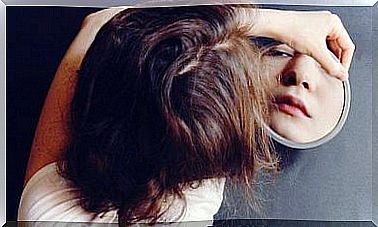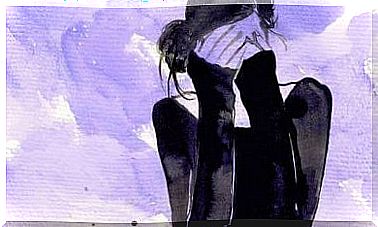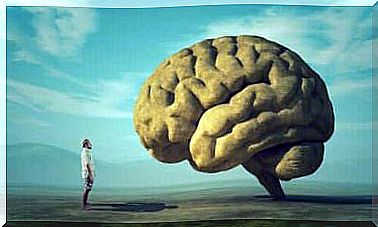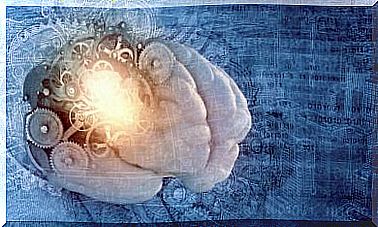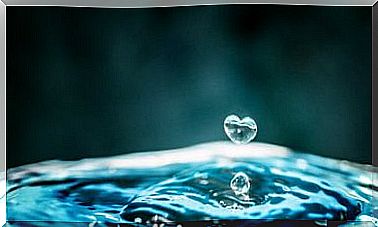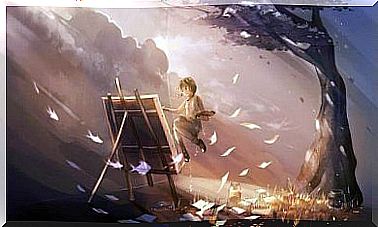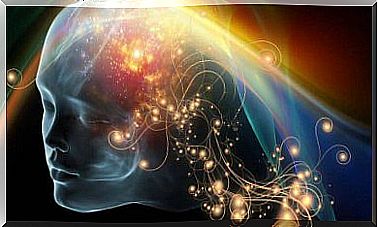The Wobegon Lake Effect, Or If You Consider It Above Average
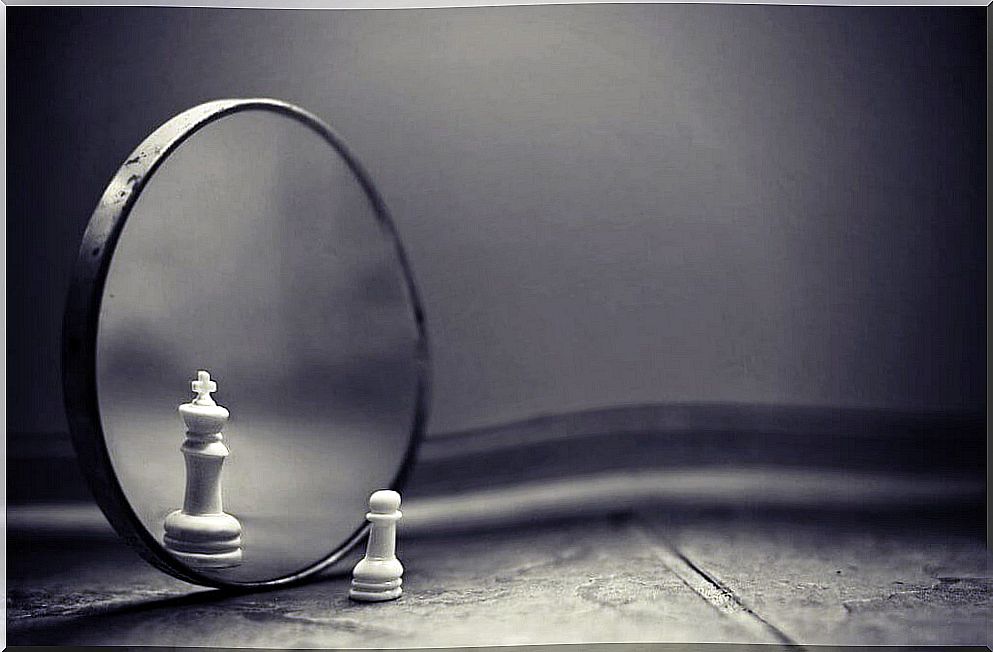
Writer Garrison Keillor created a fictional town called “Lake Wobegon”. A place where, according to his words, all the women are strong, all the men are handsome and all the children are above average. This definition gave its name to a cognitive bias known as the Lake Wobegon effect, which consists of overestimating positive abilities and disregarding negative qualities.
This phenomenon has also been called optimistic bias and is a very common effect. Specifically, 95% of drivers consider themselves better than others, as do most students. Believing that we are above average is very common. In fact, we tend to judge on our own merits, stereotypes, and unconscious attitudes.
If we were asked to rate our level of intelligence in relation to the rest of the people, most of us would say we are above average. Some might even say that they are on par with the rest, but very few would recognize that they are below average.
The Wobegon Lake effect is also related to illusory superiority, that is, to the belief in considering oneself superior to others and ignoring their faults and mistakes. In this way, the individual establishes a false superiority in relation to various aspects such as intelligence, beauty or behavior.

The illusory superiority of considering yourself above average
As Charles Darwin said, “ignorance generates more trust than knowledge”. Therefore, illusory superiority tends to occur more in incompetent people who seek to overestimate their abilities. Myopic people to recognize the skills and abilities of others.
This self-deception and cognitive awareness problem are usually linked to the vanity that characterizes this type of person. In addition to considering themselves superior, they are unable to recognize their error. They can’t accept that they don’t know something or that they don’t have certain skills or abilities.
The most interesting aspect about this cognitive bias is that the more incompetent a person is, the lower their awareness. They pride themselves on their intellectual abilities, their culture and their intelligence, when in reality they don’t have these cognitive or cultural abilities. And, what is worse, they are not aware of it and, often, insecurity dominates them even if they do not show it.
Now, having a favorable view of one’s abilities is neither bad nor selfish, nor does it mean that we are ignorant. On the contrary, it helps us a lot. The problem happens when we don’t know how to set a limit and believe that we are the best at everything, forgetting that we also have deficiencies and that there are many others with good qualities.

The consequences of the Wobegon Lake effect
Psychologists Justin Krugger and David Dunning of Cornell University in New York found that generally people who were clearly below average in terms of intellectual ability and knowledge considered themselves the smartest people around. Nietzsche called this group of people ignorant people who boasted about their titles and years of experience.
In fact, four of the most important studies of the Lake Wobegon effect coincide with these results: People with below-average abilities often consider themselves excessively good and also have great difficulty recognizing their own incompetence.
On the contrary, people with higher incomes believe that they are exaggeratedly inferior to their real abilities, that is, they underestimate their abilities. Furthermore, when they doubt themselves, they are more insecure and hesitant about others and, therefore, inspire less confidence.
The overestimation of the incompetent together with the underestimation of the people with the best performance, in many cases, makes the former to be taken into account due to their great dose of security and confidence. Which doesn’t mean that this is correct, but that we get carried away by first impressions.
Furthermore, the inability to identify the intellectual limitations resulting from the Lake Wobegon effect entails two problems: wrong decision-making and the inability to be self-critical. This implies blocking the ability to grow and evolve as a person.
The existence of this effect leads us to reflect not only on how we are in terms of our own assessment, but also on how we assess others. Do we establish people’s capabilities and qualities or do we simply trust the security they demonstrate without challenging it?

